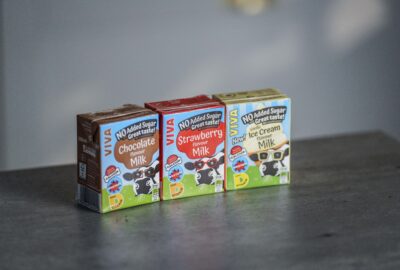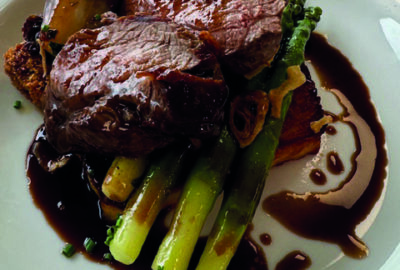By Pandora Haydon, Food Foundation communications manager
Schools and school caterers play an essential role in ensuring that enough nutritious food is available and affordable for every pupil. We’ve concluded a year-long inquiry into children’s food, led by young people themselves, and it’s clear from our findings that we can’t rise to the school food challenge without caterers.
For many children from low-income households, the food eaten at school can be their most important (and possibly only) meal of the day. That’s why it’s crucial that options which are healthy, appealing, filling and nutritionally sufficient are made readily available for the students who need them the most. Healthy choices should be the cheapest choices, they should be well-positioned in the canteen, they should be in plentiful supply throughout the lunch break, and they should be available as hot options rather than just as sandwiches or salads.
When the Children’s Future Food Inquiry launched its final report earlier this year, its priority was to call attention to the policy recommendations put forward in the children’s #Right2Food Charter. Written in consultation with the inquiry’s 15 young Food Ambassadors (aged 10-20), the charter draws on young people’s experience of and response to food insecurity in the UK, identifying key areas for improvement and proposing solutions to the problems they feel are most urgent.
Many of the biggest problems with children’s food in the UK, particularly for children from low-income households, were arising at school. The inquiry was told directly by students that too often at schools the healthy options were the sole preserve of pupils perceived to be the ‘rich kids’, and that short lunch breaks and lengthy queues often meant the only remaining meals were single portions of chips. There were also troubling reports that free drinking water was not readily available, and that many children were spending 90p of their £2.30 free school meal allowance on small bottles of water.
But the solutions lie beyond schools, too. Building on the great work that some schools and caterers are already doing, the young people’s key recommendation is for a new, independent Children’s Food Watchdog. This body would monitor and improve children’s food in each of the four nations, and crucially would have children and young people involved in its leadership.
In the absence of such a body, the first and most important step for a caterer to take is to assess and then regularly review their compliance with School Food Standards, which despite being mandatory, are not subject to government monitoring in England, Wales or Northern Ireland.
The inquiry is also asking caterers to work with schools and policymakers to support and deliver the recommendations for school food put forward in the young people’s #Right2Food Charter. The Charter covers the full range of children’s food environments, from early years and nursery to food at home, but in schools specifically it recommends:
- Expanding the School Fruit and Vegetable Scheme so all school children can benefit (primary and secondary)
- Introducing Universal Infant Free School meals in Wales and Northern Ireland
- Monitoring and inspection of school and nursery meals
- Development of guidance for schools for food education including learning about UK food poverty, how it can be solved and the right to food in our curriculum
- Development of a national menu and guidance on best eating environment for secondary school students designed by young people, and meeting School Food Standards.
- Stimulating learning on the best approaches to improving children’s food across all four nations.
- Banning water being sold in schools and making it freely available to everyone throughout the school day.


